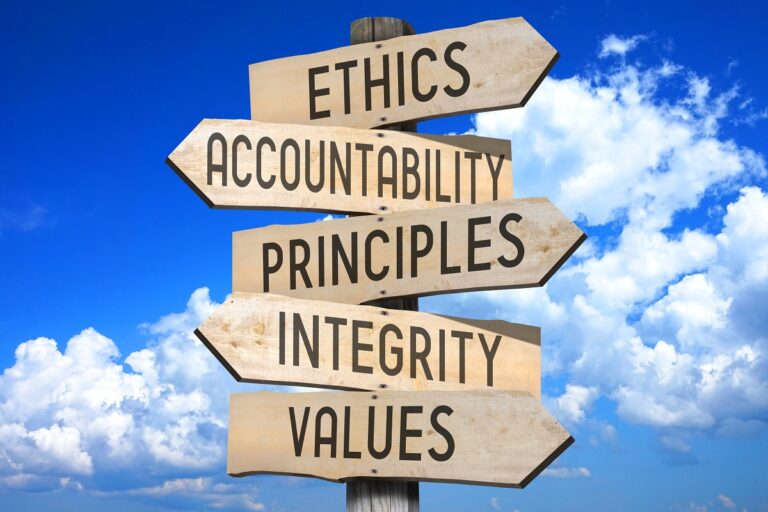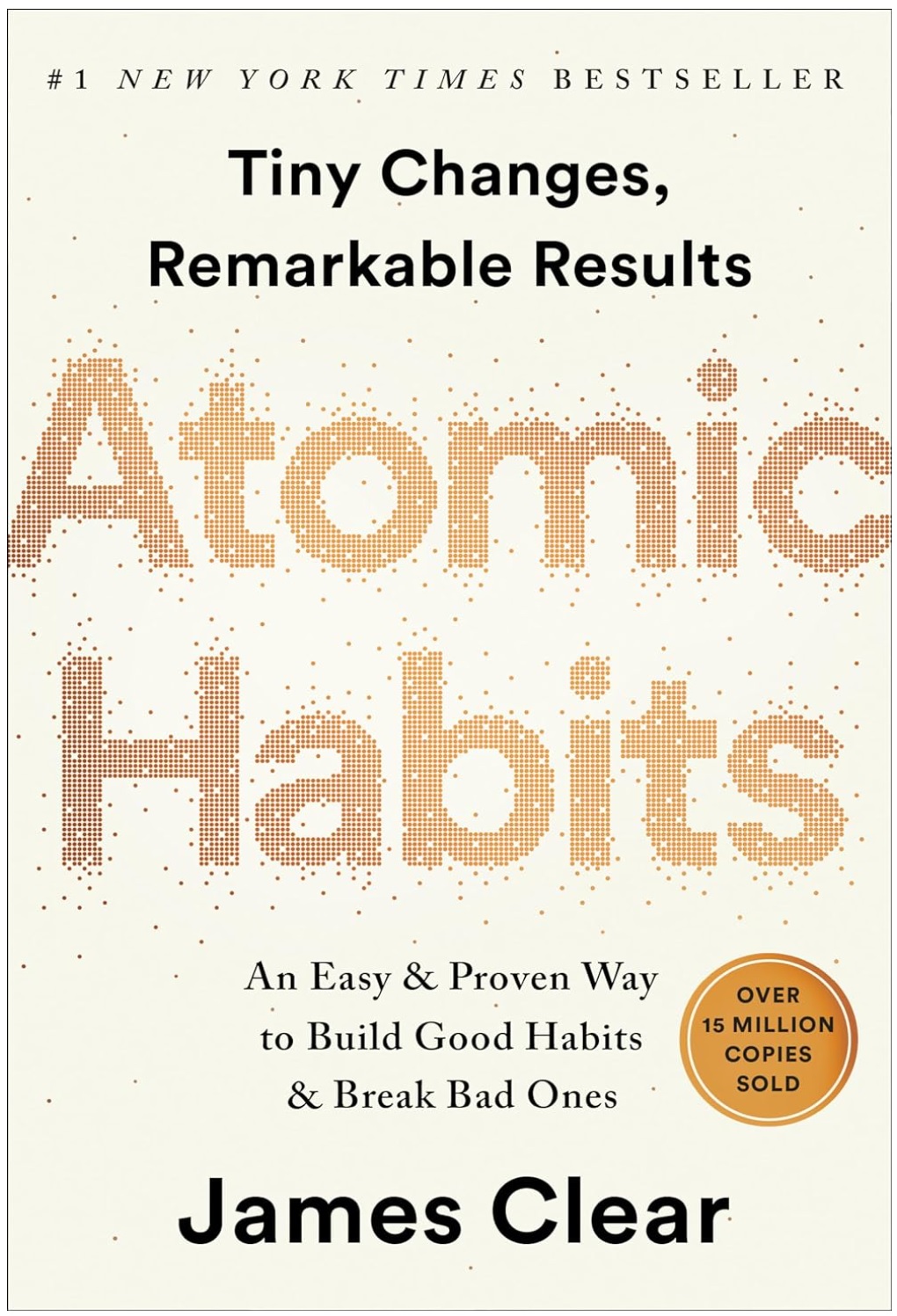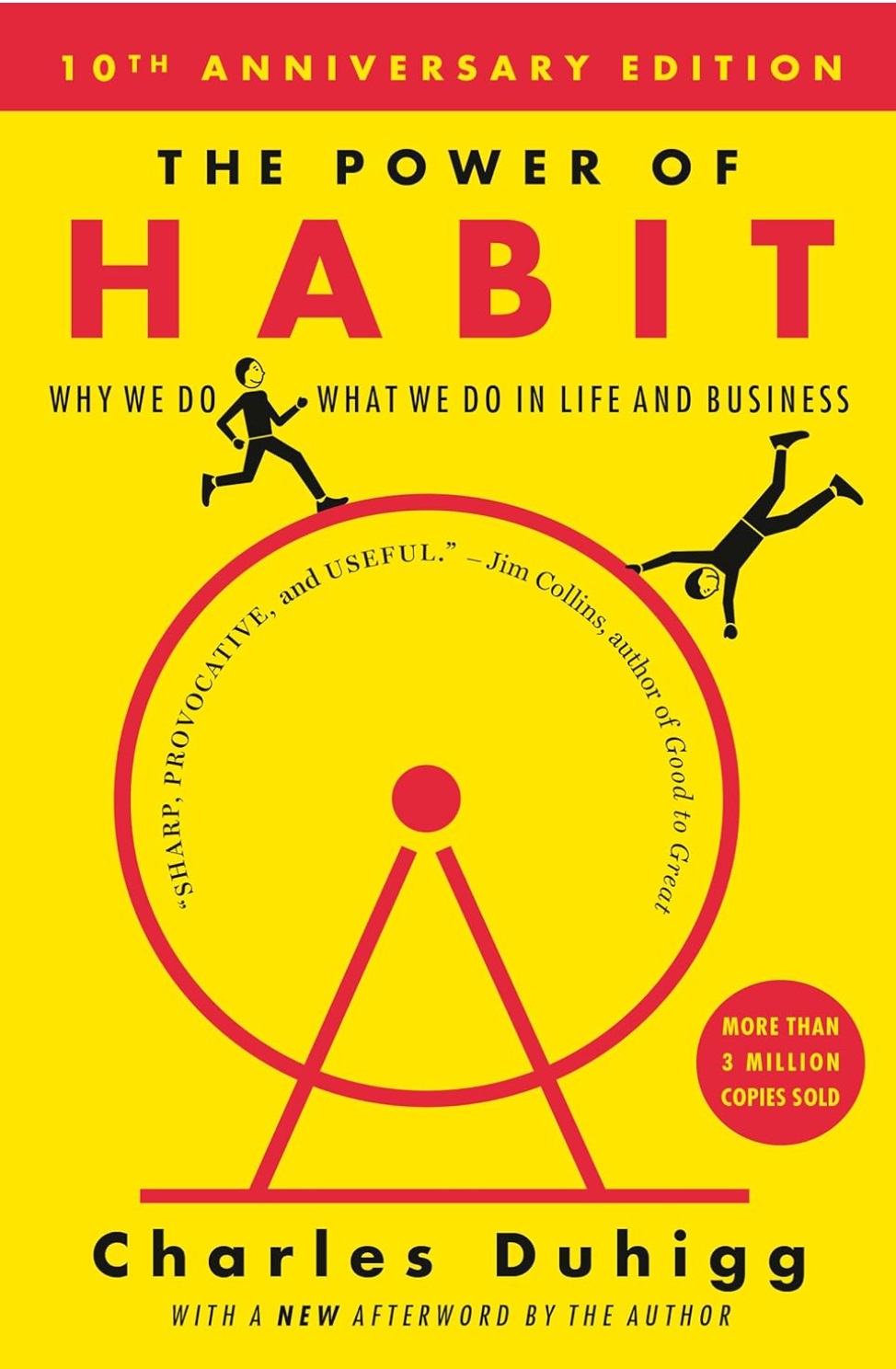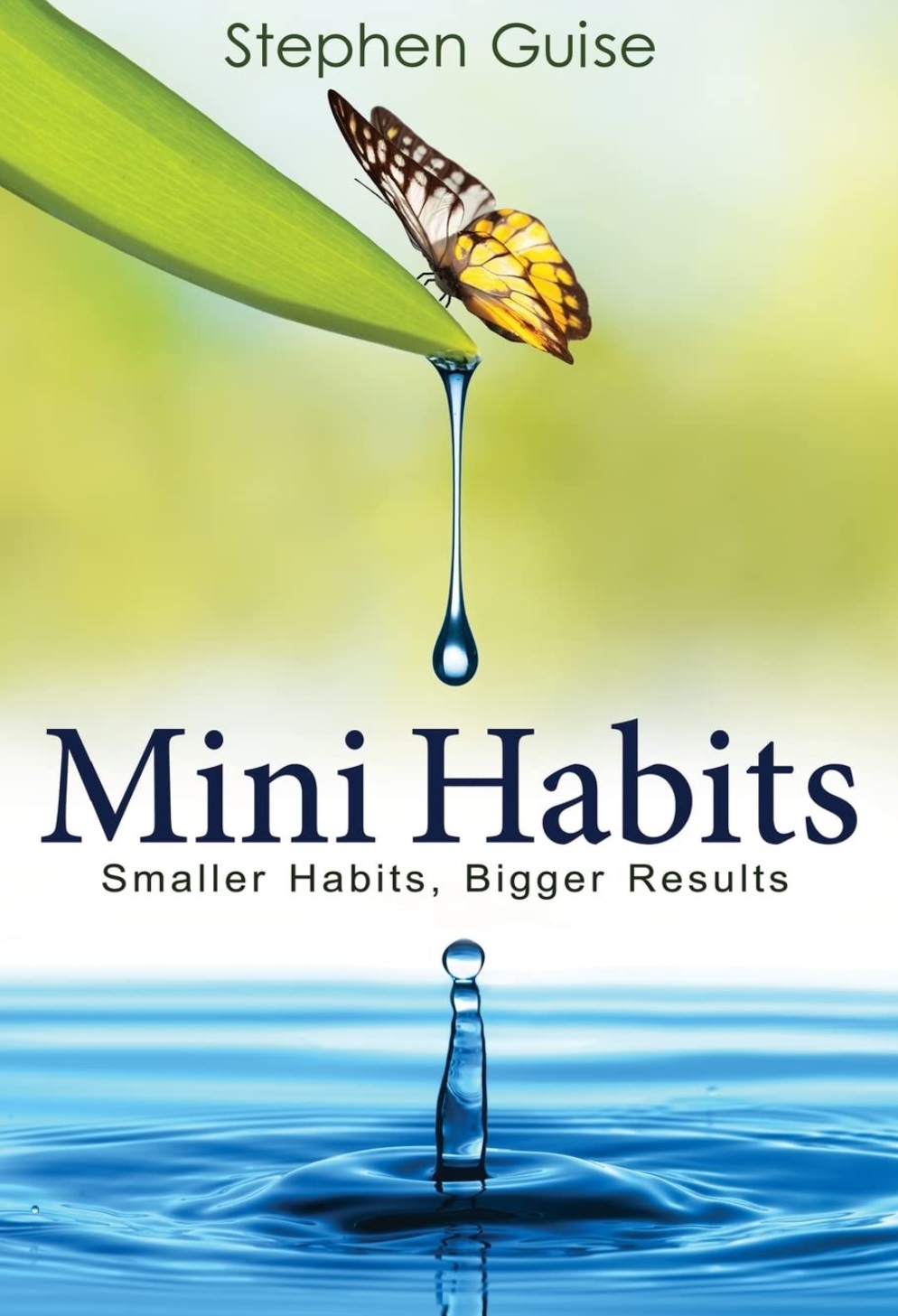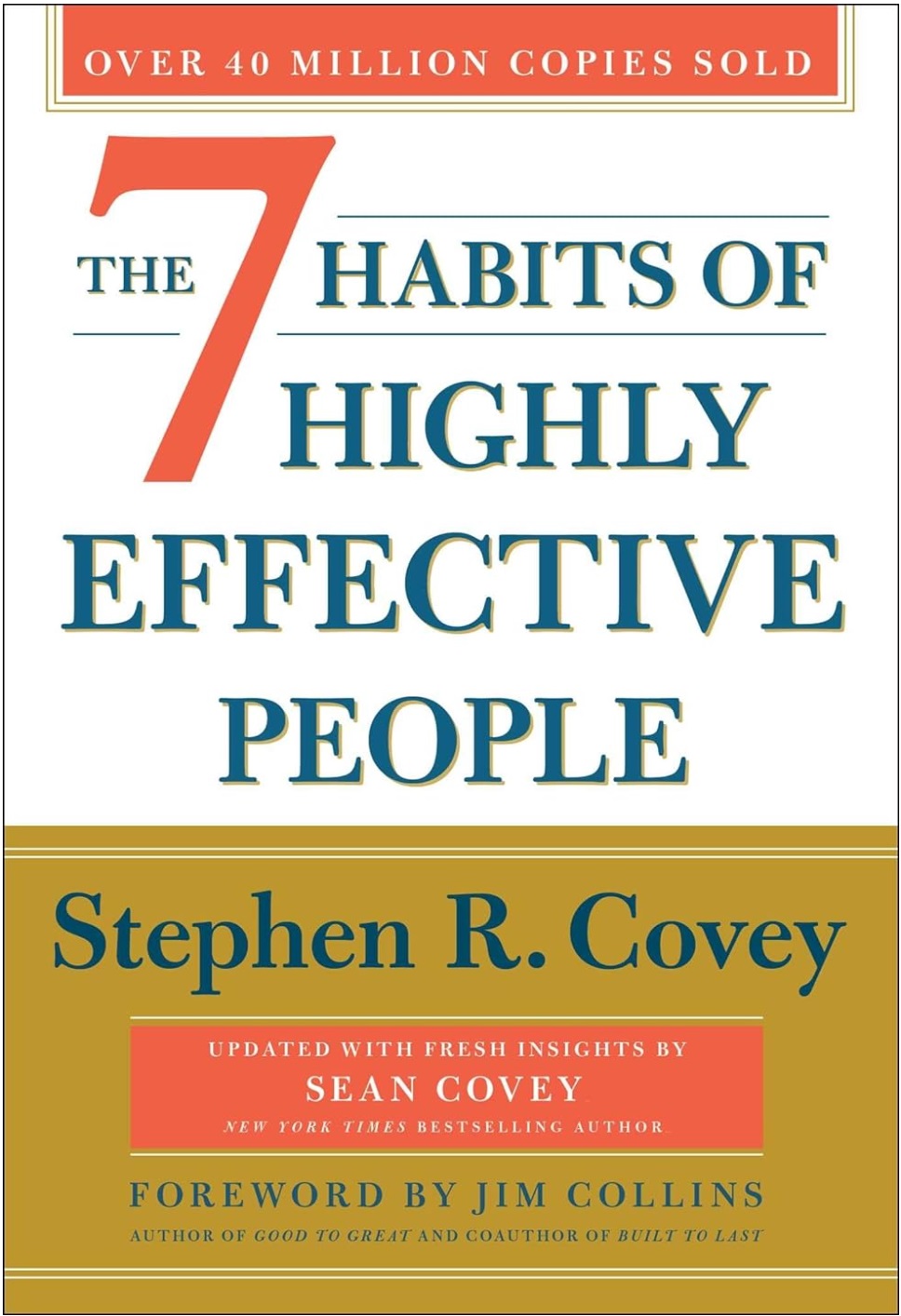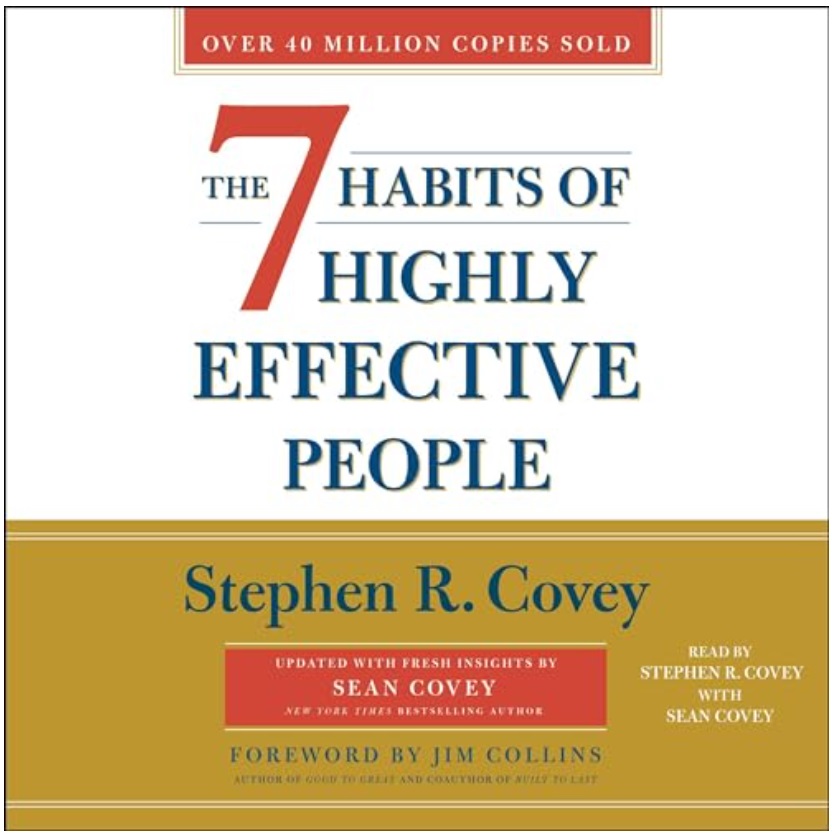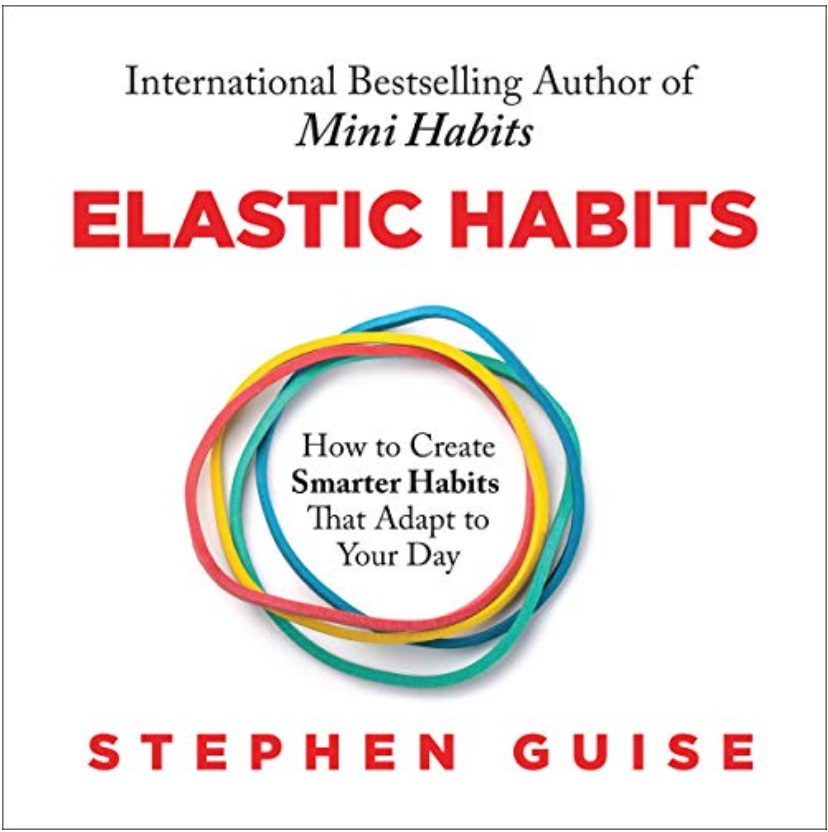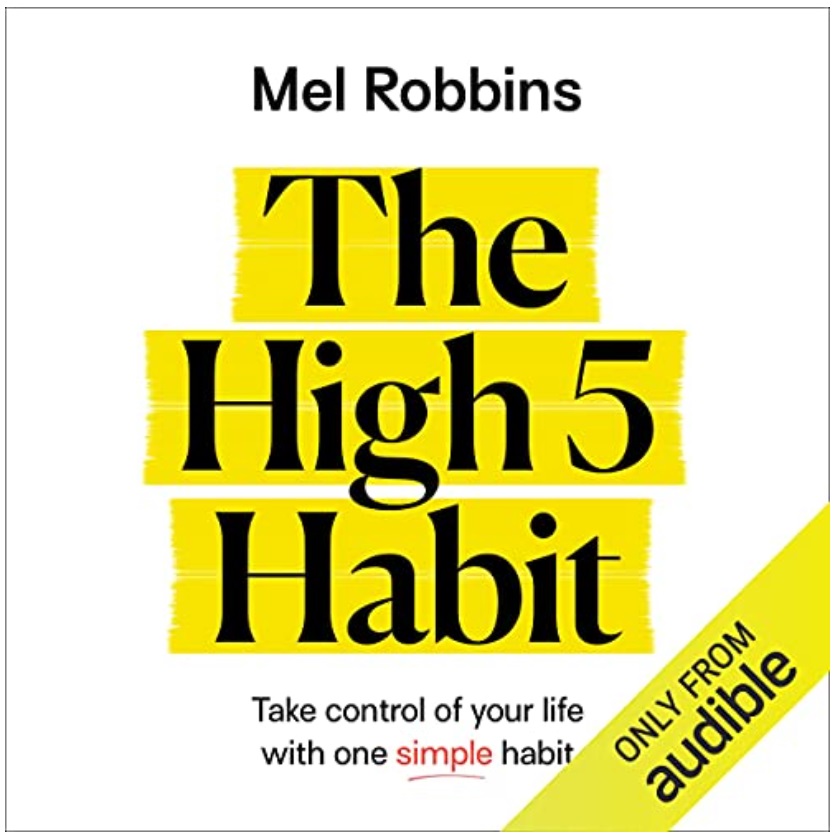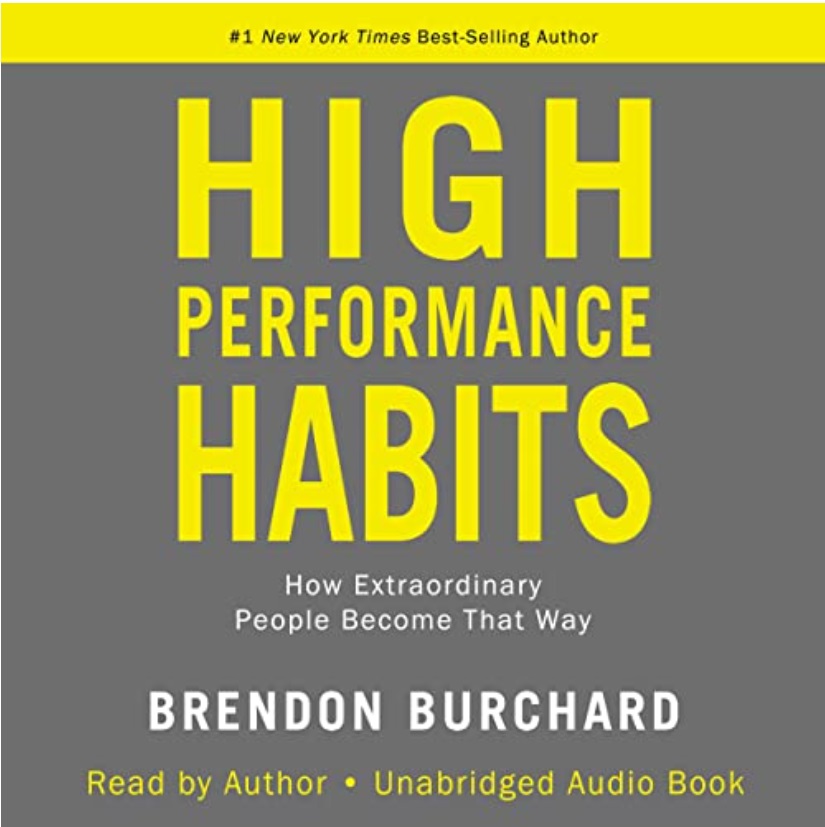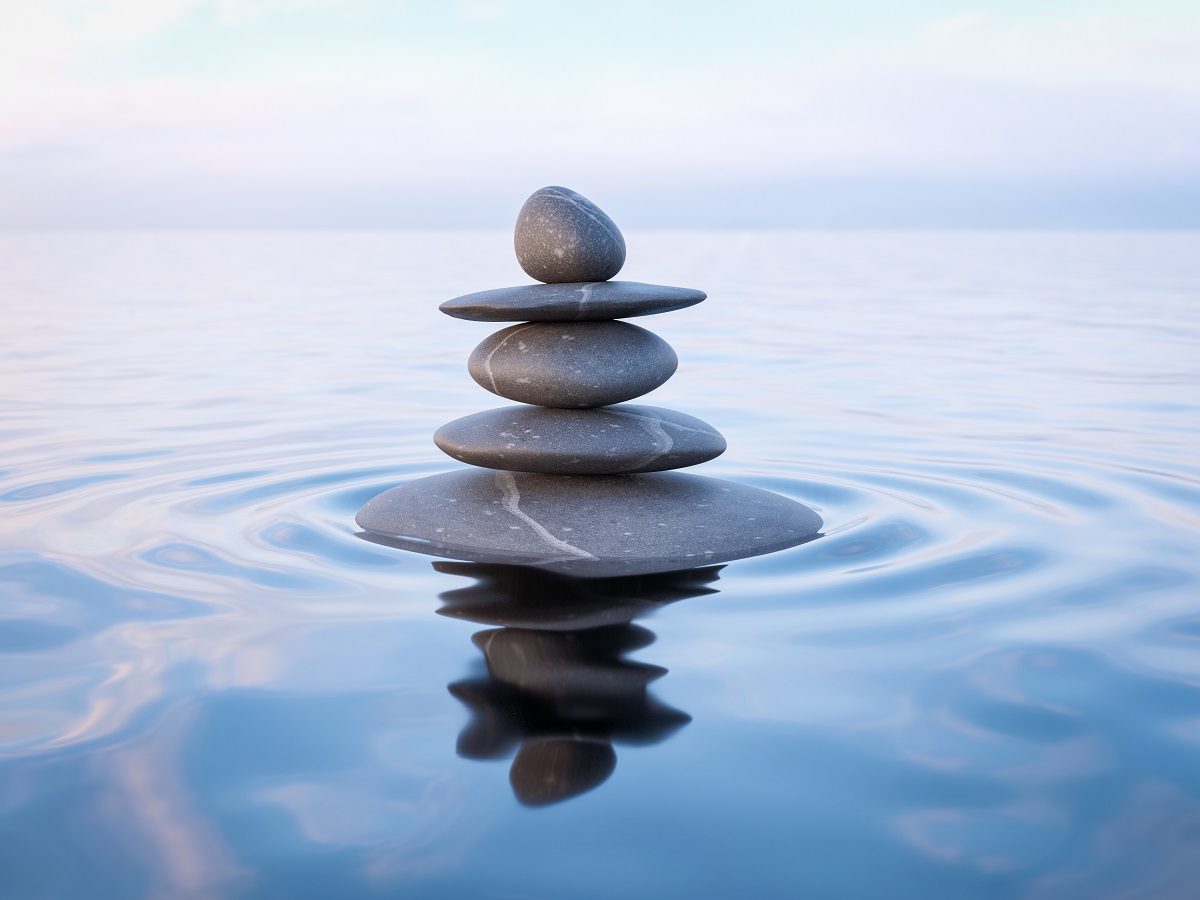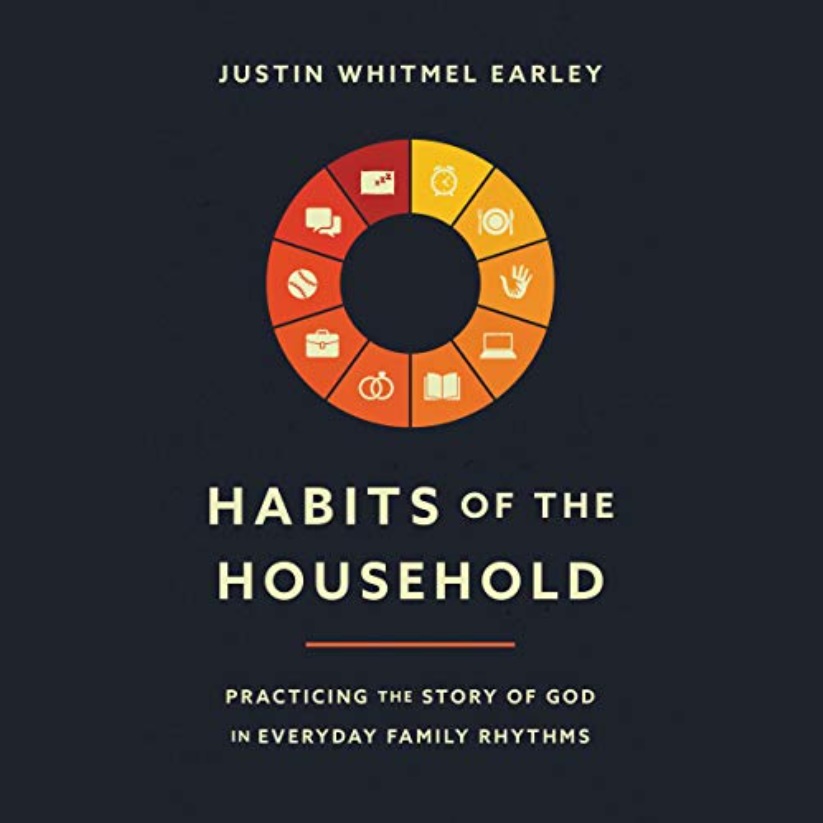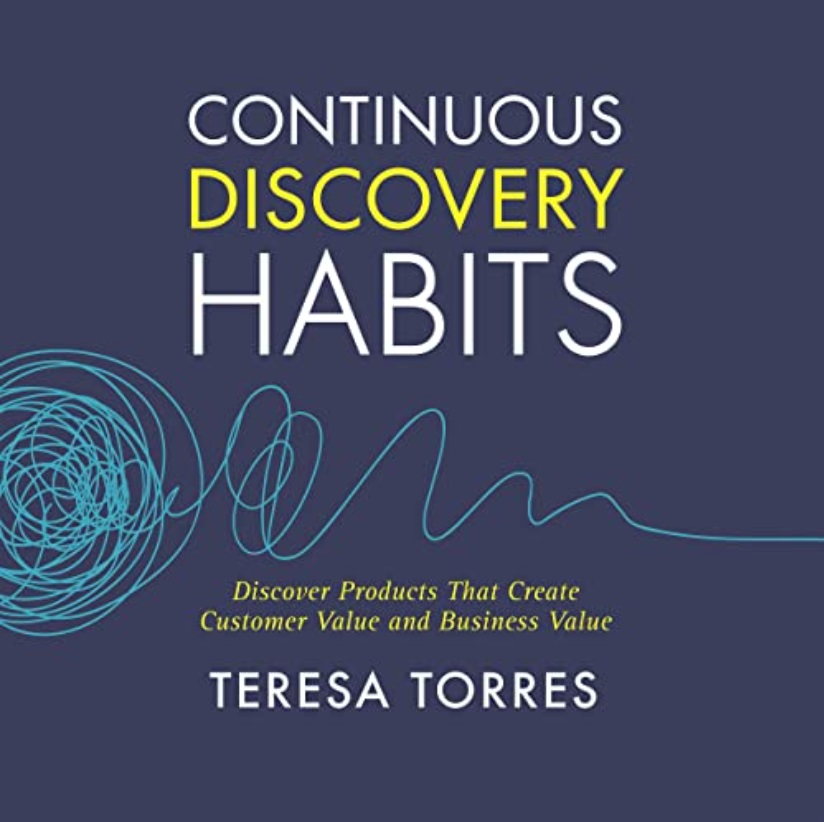- WHAT YOU'LL LEARN IN THIS ARTICLE
- Defining a personal code of ethics helps you live with clarity, integrity, and confidence in your daily decisions and habits.
- Your code is built by identifying your core values, turning them into guiding principles, and aligning your life around them.
- A code of ethics isn’t static; it evolves with you, offering a lifelong compass for personal growth, mindful living, and emotional resilience.
You already live by a set of beliefs; whether or not you’ve written them down, they’re guiding you every day. But when you intentionally define your personal code of ethics, you stop living reactively and start living with clarity, strength, and purpose.
Most of us want to be good people. We want to do the right thing, treat others well, and live lives we’re proud of. But in the chaos of everyday life, those good intentions can get lost in the rush of decisions, pressure, and distractions. That’s where a personal code of ethics comes in. It’s like a compass you build for yourself; a set of core values and guiding principles that help you stay grounded no matter what life throws at you.
I didn’t always have mine written out. I had ideas about what I stood for, but they were vague. And when challenges came, I sometimes reacted in ways that didn’t sit right with me later. Once I sat down and clarified my code, what I believe, how I want to behave, and what kind of person I’m trying to become, my choices became clearer. I started trusting myself more. And I felt more anchored, especially when things got messy.
Table of Contents
ToggleUnderstand the Foundations of a Personal Code
A personal code of ethics is more than just a list of values. It’s a living framework for how you want to show up in the world. It reflects who you are at your core and who you aspire to be.
What a Code of Ethics Is and Isn’t
Your code isn’t a list of rules to beat yourself up with. It’s not about being perfect. It’s about having clear intentions for how you want to live. It’s a declaration of the standards you choose to hold yourself to, even when no one’s watching.
Unlike laws or workplace policies, your personal code of ethics is self-directed. It’s yours to define. And because it’s rooted in your unique experiences, values, and goals, it becomes a powerful tool for building trust with yourself. For me, knowing I value honesty means I pause before speaking to make sure my words align with that. I don’t always get it right, but having that code reminds me of who I want to be.
The Role of Self-Awareness
Before you can define your code, you need to get quiet enough to hear your inner voice. What matters to you? What do you want your life to stand for? I journaled for weeks before I could answer those questions clearly. I reflected on times when I felt proud of myself—and when I didn’t. That contrast helped reveal the values that mattered most.
Self-awareness is the foundation. You can’t live with integrity if you don’t know what you believe in. That’s why defining your personal ethics starts with reflection; not judgment, just curiosity.
Why Clarity Reduces Inner Conflict
We all make hard choices. And when we don’t have a framework to lean on, decision fatigue kicks in. We spiral. We hesitate. But when your values are clearly defined, decisions become easier. You know what to say yes to and what to walk away from.
I used to feel torn in situations where my head said one thing and my heart another. But now, when I ask, “Does this align with my code?” I get clarity. It’s not always comfortable, but it feels right.
Reflective question:
When was the last time you felt conflicted—and could a clear set of ethics have helped you feel more grounded?
Identify the Core Values That Guide You
Your personal ethics are built from your values—the deep beliefs that shape how you think, act, and connect with others. When you know your core values, everything else begins to make sense.
Mine Your Past for Patterns
Start by looking at your life. When did you feel most proud of who you were? When did something feel deeply wrong? Those moments are clues. I remember a time I stood up for a friend being unfairly criticized; I felt nervous, but afterward, I realized it mattered because I value loyalty and courage.
These pivotal moments, both good and bad, reveal your non-negotiables. Look for the emotions beneath them. What value was being honored—or violated? Keep a running list of words that resonate: honesty, compassion, creativity, fairness, freedom, peace.
Choose, Don’t Inherit
Many of us walk around with inherited values from family, culture, religion, or society. And while some of those might fit, others may not. Defining your code means choosing intentionally—not blindly repeating what you were taught.
I was raised to value productivity above all else. But in my adult life, I’ve realized I value presence and depth more than speed. That shift took reflection and courage. But naming those values helped me live with more intention, instead of operating on autopilot.
Narrow It Down to What Truly Matters
You don’t need a list of 20 values to live by. In fact, that’s overwhelming. I recommend picking your top 3 to 5 core values—the ones you want to carry with you in every decision, relationship, and season of life.
When I chose mine, I looked for the ones that felt consistent across different areas of life: work, relationships, personal growth. Mine include authenticity, compassion, and simplicity. These help me remember that success isn’t about being the busiest or the best—it’s about being true to who I am.
Reflective question:
What values show up when you feel most like yourself—and which ones are you ready to let go of?
Translate Your Values into Actionable Principles
Values are powerful, but they only become ethical anchors when you translate them into behavior. Your code of ethics should be practical, not poetic.
Turn Values Into “I Will” Statements
Take each value you’ve identified and turn it into a guiding statement that describes how you will live it out. This is where your code becomes useful in real life. For example, if you value respect, your statement might be, “I will treat others with dignity, even when I disagree.”
I did this with my value of authenticity. My statement says, “I will speak the truth, even when it feels vulnerable, and I won’t pretend to be someone I’m not.” Having this written down helps me recognize when I’m starting to slip into people-pleasing or self-censorship. It’s a reminder to come back to myself.
Anticipate Tricky Situations
Think ahead to situations where your values might be challenged. Ethics aren’t tested in easy moments—they’re tested in the heat of conflict, pressure, or fear. By imagining those moments now, you can prepare to respond in ways you’ll be proud of later.
If you value patience, how will you act when someone is being unfair? If you value honesty, how will you respond when a white lie feels tempting? I’ve practiced writing out short scenarios and responses; it helps me stay aligned when real-life friction arises.
Keep It Simple, Honest, and Flexible
Your code doesn’t have to be fancy. It just needs to be real. Write it in your own words. Make it something you’d actually say or think—not a mission statement for a company, but a message to your future self.
And remember; it’s a living document. As you grow, your values might evolve. I revisit my code every six months or so, not to overhaul it, but to refine and reconnect. It’s a practice, not a destination.
Reflective question:
How can you turn your top values into personal statements that you can act on every day?
Write and Review Your Personal Code
Once you’ve clarified your values and crafted guiding principles, the next step is to bring it all together into a written code. This isn’t just about documenting words; it’s about creating something meaningful that you’ll return to when life gets challenging.
Create a Format That Works for You
Your code of ethics doesn’t need to follow a specific template. It can be a list, a paragraph, a letter to yourself, or even a series of affirmations. What matters most is that it reflects your voice and feels emotionally true. I keep mine in a small journal, written as a series of “I will” statements under each value. That format helps me stay focused and take ownership of my behavior.
You might prefer a digital format you can review on your phone, or a handwritten note you keep on your desk. Choose a format that you’ll actually revisit. This is something to live by, not file away and forget.
Keep It Short and Focused
If you write a 5-page manifesto, you’re less likely to remember or use it. Aim for clarity and brevity. Focus on your top 3 to 5 values and write 1–2 simple, powerful statements under each one. This keeps your code easy to review in a moment of stress or decision-making.
For example, one of my values is “presence.” Under that, I’ve written: “I will give people my full attention when they speak to me,” and “I will put my phone away during conversations and meals.” These statements are easy to remember and help me stay accountable to my intentions.
Read It Aloud and Sit With It
Once you’ve written your code, read it out loud. This might feel awkward at first, but hearing your words can reveal whether they resonate or feel off. Do they sound like you? Do they reflect the life you want to lead? If something feels off, edit it. This isn’t about getting it perfect—it’s about getting it true.
I’ve rewritten mine several times over the years. Each time, it gets a little clearer and more authentic. This review process helps me reconnect with myself, especially when I’ve drifted from what matters most.
Reflective question:
How does it feel to read your code out loud—where does it ring true, and where might it need refinement?
Live Your Ethics Through Habits and Choices
Having a code is one thing; living it is where the real magic happens. The way you bring your ethics to life is through your habits, daily interactions, and the choices you make under pressure.
Let Your Code Shape Your Daily Decisions
When you face a tough choice, pull out your code. Ask yourself: Which option reflects the kind of person I want to be? This single question has guided me through hard conversations, difficult boundaries, and even small everyday dilemmas like whether to speak up or stay quiet.
For example, I once had to decline a freelance opportunity because the project felt out of alignment with my values of honesty and creativity. It was tempting to say yes for the money, but my code reminded me to trust in long-term integrity over short-term gain. That decision gave me peace—and surprisingly, led to a better opportunity later.
Use Your Code to Reflect at the End of the Day
At night, I often revisit my code and ask: Did I live this today? I go through each value and reflect on how I showed up. Some days I feel proud; other days I recognize places I could improve. But even those imperfect days feel meaningful because I’m staying connected to what matters.
You can do this in just a few minutes. Write a short journal entry or mentally walk through your day. The point isn’t judgment—it’s awareness. You can’t grow if you’re not willing to reflect honestly.
Let It Guide Relationships and Boundaries
Your personal code also helps you show up more clearly in your relationships. When you know what you stand for, you can express it with kindness and confidence. You’ll also be more prepared to set healthy boundaries when someone crosses a line.
I used to avoid conflict at all costs. But once I identified “honesty” and “self-respect” as core values, I started having conversations I’d previously avoided. They weren’t always easy, but they felt necessary. My code gave me the courage to say what needed to be said—with compassion, not confrontation.
Reflective question:
How can you use your personal code to make one decision or take one action today that reflects who you want to be?
Revisit and Refine as You Grow
Your code of ethics is not a static document. Just like you, it evolves over time. Revisiting it regularly helps you stay in alignment with the person you’re becoming.
Life Changes; So Should Your Code
As you move through different seasons—career shifts, parenthood, relationships, loss—you may discover new values emerging or old ones softening. That’s not a failure; it’s growth. A code of ethics that doesn’t evolve risks becoming rigid and out of touch with reality.
I used to have “efficiency” as a core value, especially when I was focused on building a career. But over time, I noticed it clashing with my deeper need for presence and simplicity. I revised my code to reflect those changes, and it’s helped me live with more ease. Your code should support your life—not suffocate it.
Make It a Seasonal Ritual
I revisit my personal code about every 3 to 6 months, often at the start of a new season or after a big life event. I’ll read it slowly, ask what still fits, and notice what feels outdated. This simple habit has helped me stay in tune with myself and recalibrate when I drift off course.
You can even schedule a calendar reminder or pair the review with a reflective weekend practice. Over time, this ritual becomes something you look forward to—a moment of reconnection with your truest self.
Celebrate Your Progress
Don’t forget to celebrate how far you’ve come. It’s easy to focus on what you haven’t mastered yet, but your growth deserves recognition. Maybe you handled a hard conversation with grace, stayed calm during stress, or honored a boundary you used to cave on.
Your code isn’t just about setting standards; it’s also a record of your evolution. You’re becoming someone who lives more intentionally, with heart and awareness. That’s something to be proud of.
Reflective question:
How have your values changed in the past year—and what does that tell you about the person you’re becoming?
My Final Suggestions
You don’t need a perfect plan, a 10-year vision, or external approval to live a meaningful life. You just need to know what you stand for—and commit to living it, one choice at a time.
Your personal code of ethics is a mirror and a compass. It reflects the person you are and points toward the person you’re becoming. It reminds you that you already carry the wisdom you’re looking for; you just need to put it into practice. In moments of doubt, stress, or distraction, your code helps you return to yourself.
Writing your code is an act of clarity. Living it is an act of courage. You won’t always get it right; none of us do. But every time you choose integrity over comfort, honesty over avoidance, kindness over fear—you’re building a life you can feel proud of. That’s the kind of life that feels purposeful. That’s the kind of life that lasts.
So start small. Choose one value. Turn it into a statement. Then act on it today. Let that be the beginning of something steady, grounded, and deeply true. Your code isn’t just a document. It’s a declaration of the life you’re choosing to live—on your own terms.
References
Blog Posts Referenced in This Article
External Sources Referenced in This Article
Core Values List: Over 50 Common Personal Values – James Clear
Offers a powerful guide for identifying meaningful values that can form the foundation of your personal code.
Creating a Personal Code of Ethics – Mind Tools
A practical, step-by-step breakdown of how to structure a meaningful and actionable personal code.
How to Live With Purpose and Align Your Values – Greater Good Science Center
Discusses how living by your values improves well-being, self-respect, and purpose.
How to Create a Personal Code of Ethics – Psychology Today
Highlights the psychological benefits of living by an internal compass and the steps to define one.
Living by Your Own Code – Zen Habits
A minimalist take on building a personal philosophy that supports intentional living.
Three Things in Human Life – Maria Popova (The Marginalian)
A timeless reminder of the simplicity and depth that can live inside a personal code.
How to Build a Life That Matters – Mark Manson
An irreverent but insightful look into core values, meaning, and how to avoid living by default.

